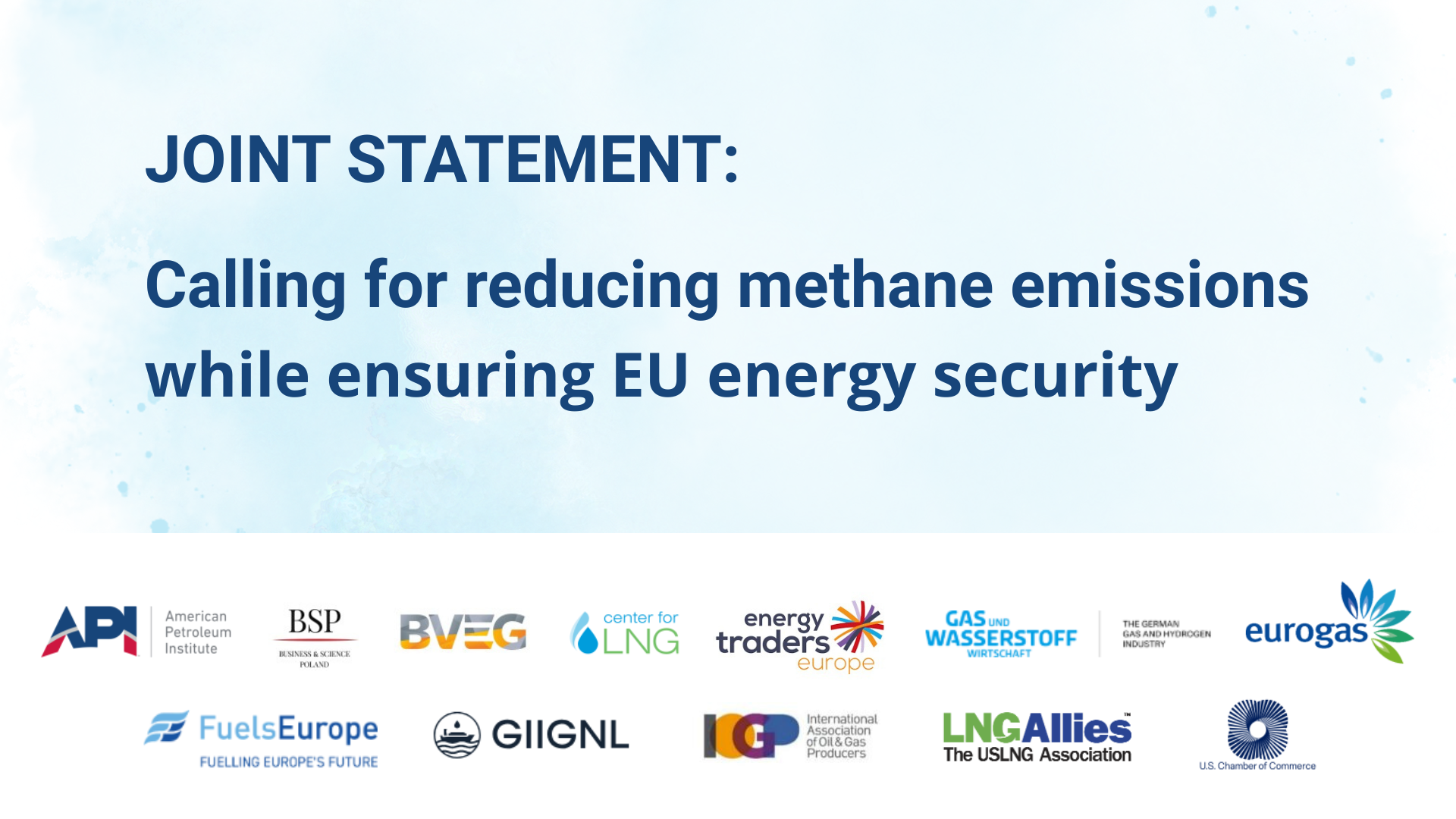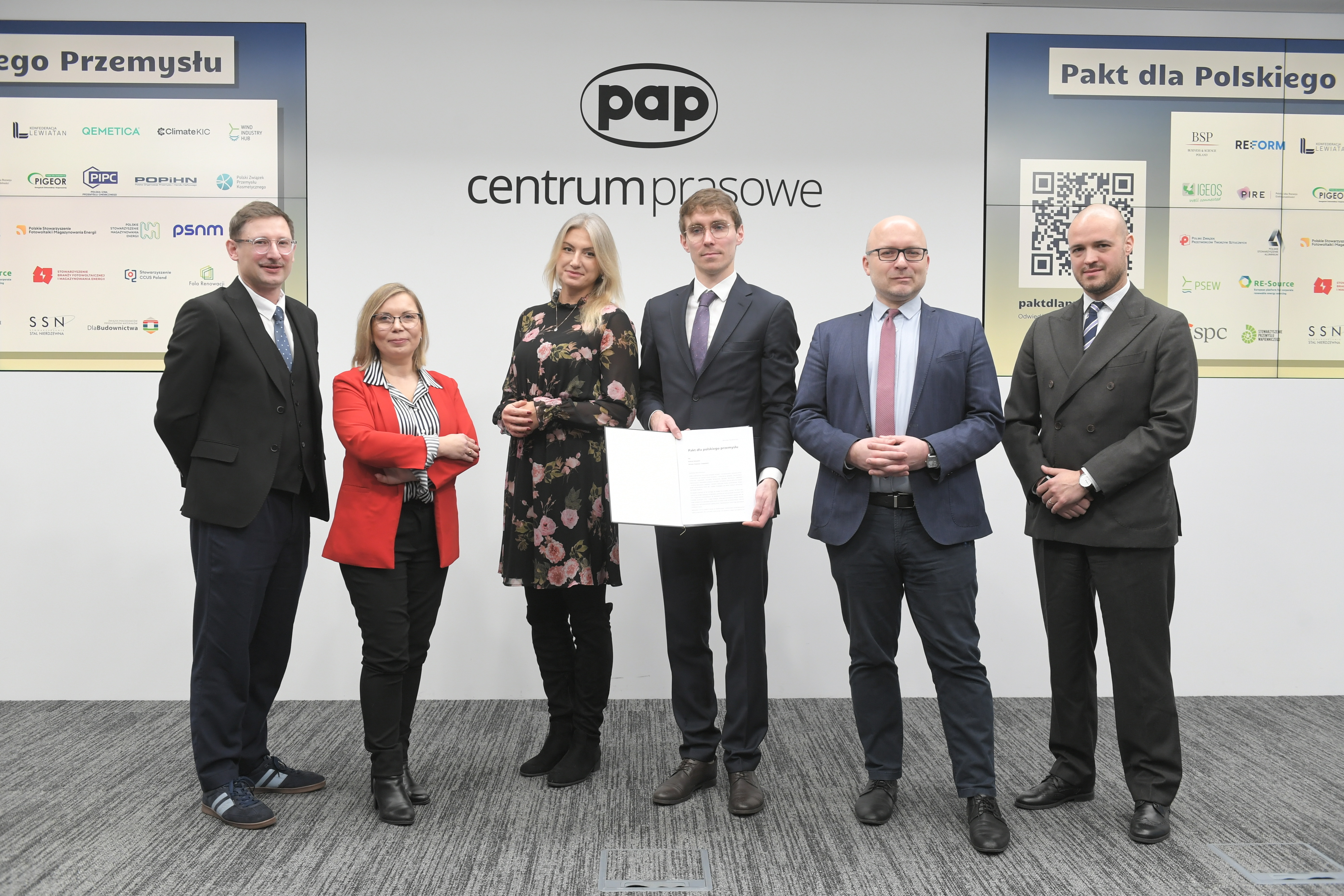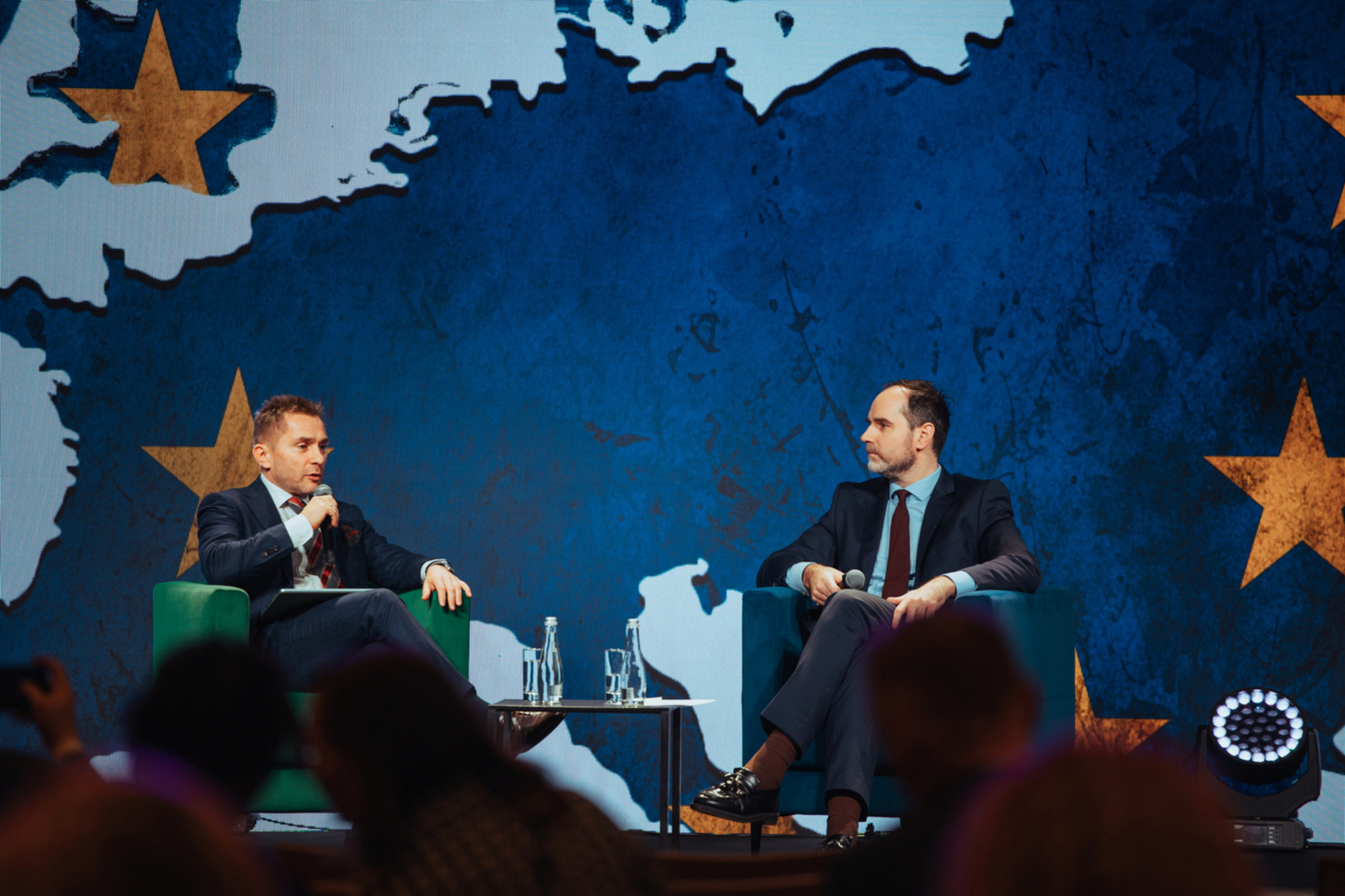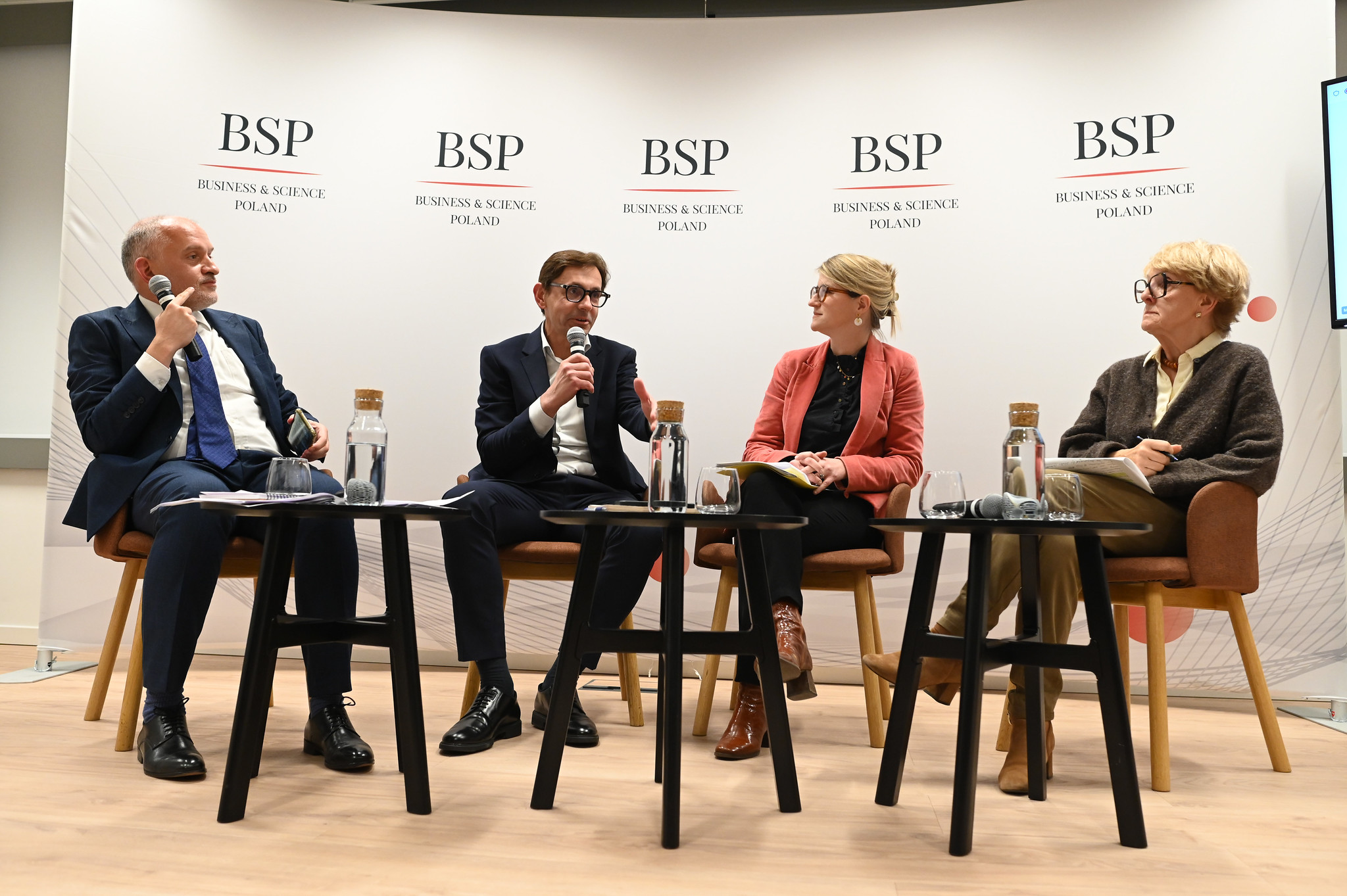The import of fertilizers is, in effect, an import of Russian gas, which accounts for 70% of fertilizer production costs. This practice finances the Russian war machine and undermines the EU’s—including Poland’s—fertilizer industry, threatening 76,000 jobs and the EU’s food security.
Russian fertilizers will be replaced by EU production and imports from neighboring countries. The cost increase for farmers resulting from the restriction of Russian fertilizer imports to Europe will be minimal (only 0.24% for arable crop farms) and will primarily be driven by changes in freight and trade patterns.
Business & Science Poland and the Polish Chamber of Chemical Industry have prepared the position of the Polish fertilizer industry regarding the European Commission’s proposal to impose tariffs on fertilizer imports from Russia and Belarus.
We appreciate the Commission's actions in this matter, but we believe that the proposed measures are not ambitious enough to effectively stabilize the fertilizer market and provide protection to European producers and farmers. The current situation exposes the European fertilizer industry to unfair competition.
We therefore appeal for increasing the effectiveness of the proposed solutions by:
1. Introducing tariffs and monitoring fertilizer imports at EU level in real time.
2. Changing tariffs to an ad valorem system (expressed as percentage rates and not as per tonne rates), which will better reflect the real market benefits of Russian importers and take into account the differences in nitrogen content in different types of fertilizers.
3. Extending safeguard measures to potassium fertilizers (code 3104) to ensure equal regulation for all key suppliers and avoid market distortions.
We emphasize that maintaining fertilizer production in Europe is crucial for food security and price stability in agriculture. Russia and Belarus are consistently striving to dominate the European fertilizer market, which threatens the long-term dependence of the EU on their supplies. The introduction of higher tariffs is necessary to curb unfair practices and protect the EU fertilizer industry and the entire agricultural sector from further destabilization.

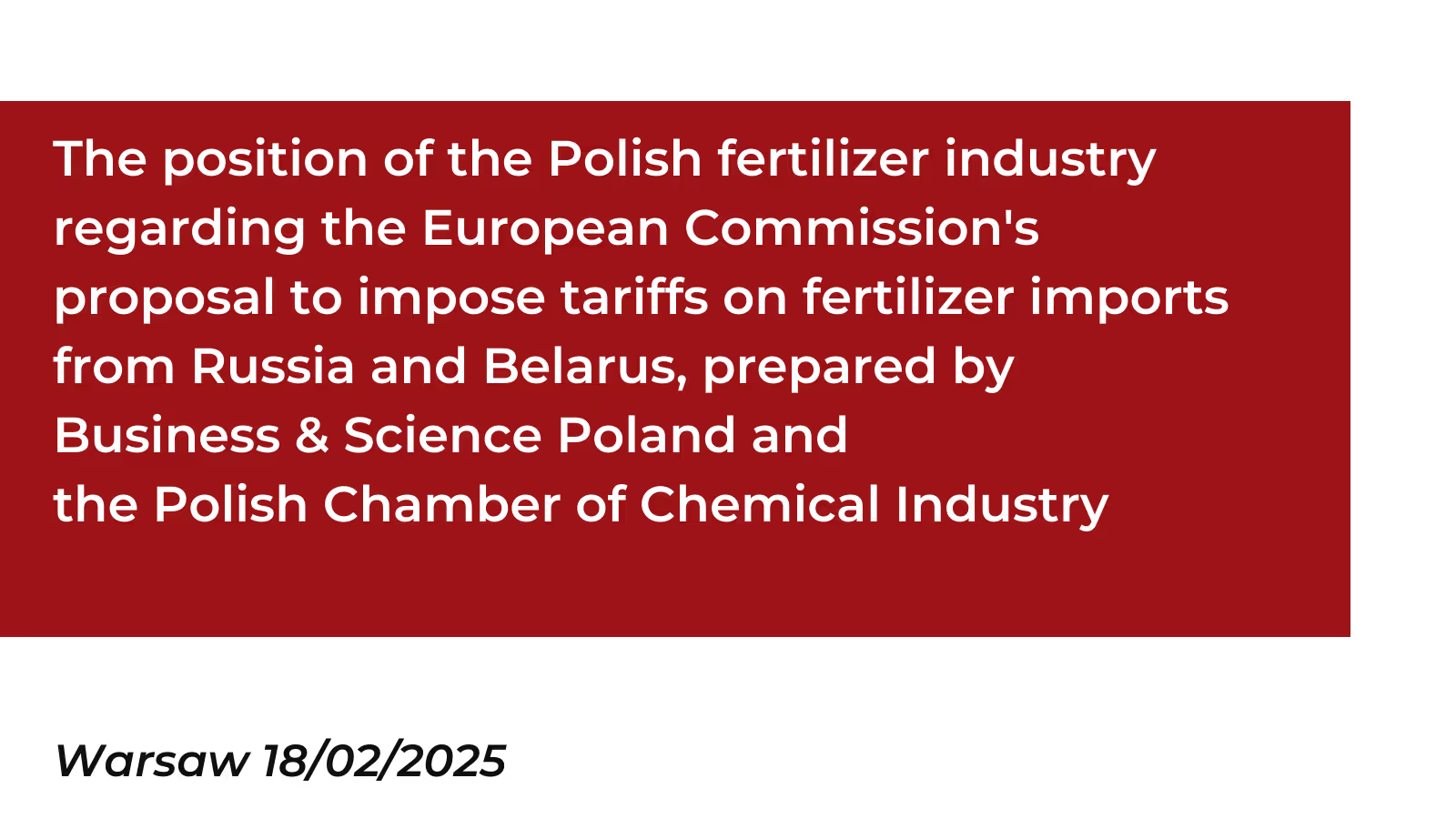
.jpg)
